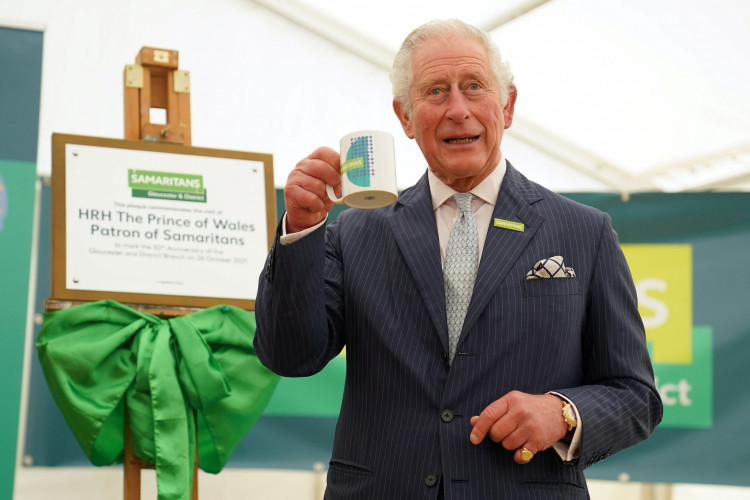In a historic ceremony marking the beginning of a new parliamentary session, King Charles III, adorned with the diamond-studded Imperial State Crown and a crimson robe, delivered the first King's Speech of Prime Minister Keir Starmer's administration. This event followed the Labour Party's sweeping victory in the July 4 general election, which ended 14 years of Conservative rule. The address, a pivotal moment for the new government, laid out an ambitious agenda focusing on economic revitalization, workers' rights, and infrastructure development.
The Labour government's legislative agenda, detailed in the King's Speech, includes over 35 bills aimed at boosting economic growth and addressing long-standing societal issues. Key proposals involve significant investments in housing and infrastructure, the restoration of mandatory housebuilding targets, and the nationalization of Britain's rail services.
"The goal is to see rising living standards in all nations and regions of the United Kingdom," King Charles announced, highlighting the government's commitment to economic equality.
Prime Minister Keir Starmer emphasized the transformative potential of these measures, stating they would "take the brakes off Britain" and foster widespread wealth creation. Among the notable initiatives is a new industrial strategy designed to draw investment into the UK and a publicly owned body aimed at boosting clean energy by 2030. Starmer's vision is clear: to create a more equitable and prosperous society through bold economic reforms.
Labour's agenda also addresses the recent cost-of-living crisis, with bills designed to enforce public spending rules and prevent drastic utility bill price hikes. The party's commitment to workers' rights is evident in proposals to ban zero-hour contracts and strengthen renter protections. These measures reflect Labour's broader goal of creating a fairer and more resilient economy.
The King's Speech also touched on foreign policy, with a strong emphasis on supporting Ukraine amid its ongoing conflict and advocating for a two-state solution in the Middle East. "My Government will continue to give its full support to Ukraine and its people and will endeavor to play a leading role in providing Ukraine with a clear path to NATO membership," King Charles declared. On the Middle East, he affirmed the UK's commitment to securing long-term peace, envisioning a safe and secure Israel alongside a viable Palestinian state.
Labour's domestic policies include scrapping the controversial Conservative plan to send asylum seekers to Rwanda, a scheme fraught with legal challenges and high costs. Instead, the government will introduce a new border security command, reflecting its commitment to humane and effective immigration policies.
In a significant political reform, Labour plans to lower the voting age from 18 to 16, fulfilling a key election promise. The government also aims to tackle the challenge of reforming the House of Lords, seeking to modernize the unelected upper chamber, which currently has nearly 800 members.
The King's Speech marked the second such address delivered by Charles since the death of Queen Elizabeth II in September 2022. This address, however, resonated more closely with the king's personal views, particularly the emphasis on environmental sustainability and economic reform. As former Labour minister Tony McNulty observed, "There's probably much in this King's Speech that he will favor rather than the other one he had to read out."
Starmer's government faces the immense task of rejuvenating the UK's aging infrastructure and frayed public services without raising personal taxes. The Prime Minister insists that all changes will adhere to "unbreakable fiscal rules," ensuring financial stability while pursuing ambitious reforms. This balanced approach aims to foster economic growth while maintaining fiscal responsibility.





